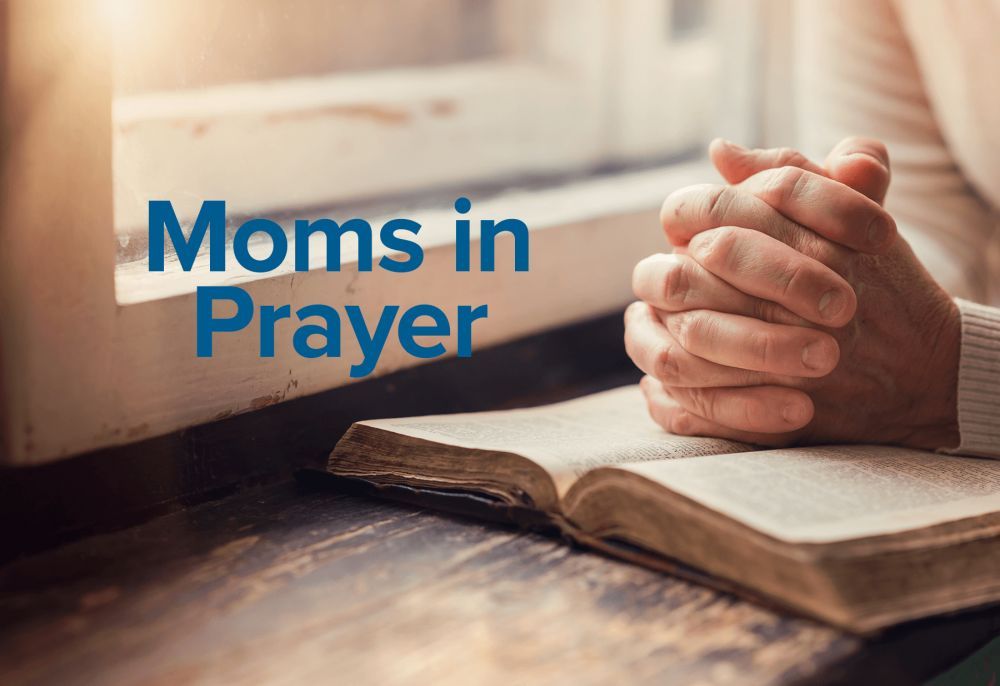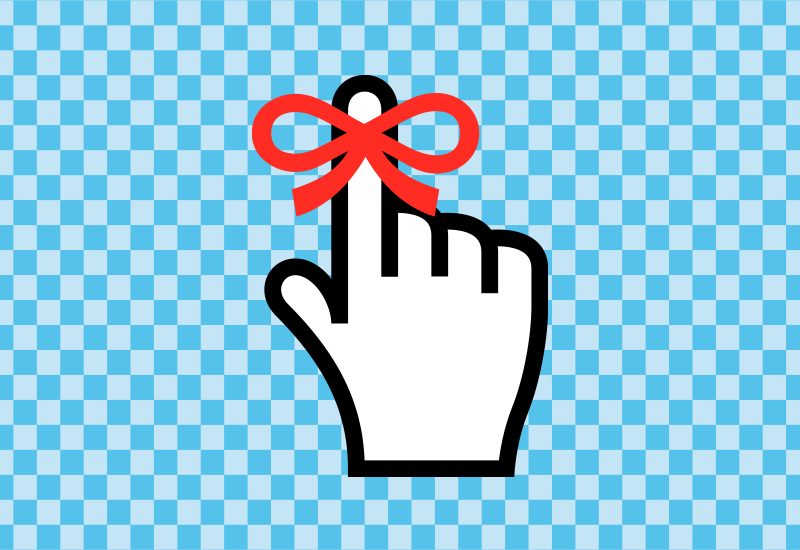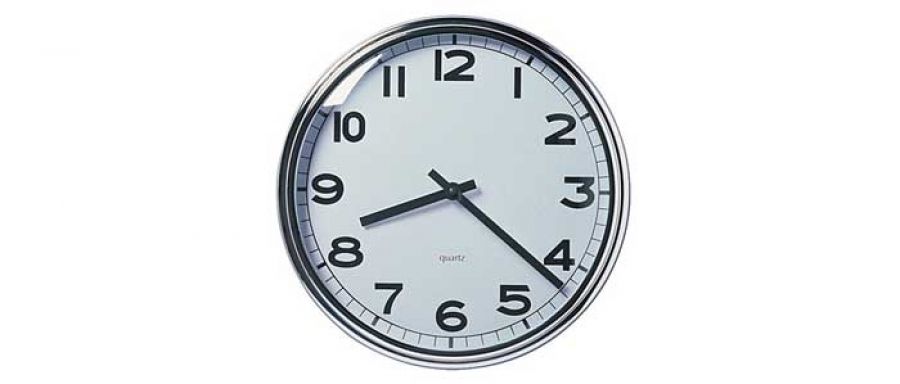- Register
- Event Registration
- After-School Adventures
- My Registrations
- Resources
- Student Directory
- Faculty Directory
- Forms
- Student Handbook
- Newsletter Subscriptions
- Newsletter Archives
- Parents' Association
- PA Info
- PA Officers
- Community Rewards
- Spirit Store
- Library





